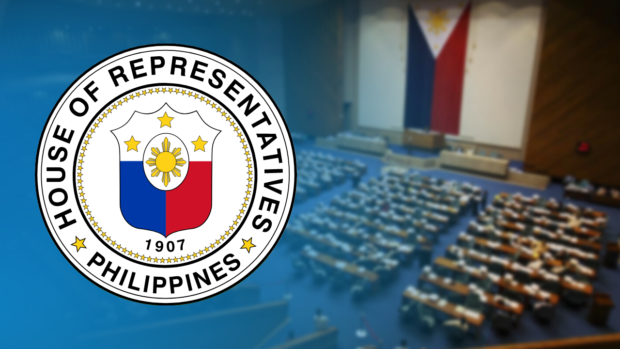
INQUIRER FILE PHOTO
MANILA, Philippines — A House of Representatives panel has approved proposals seeking to establish the country’s national psoriasis program, and place amendments to the country’s Comprehensive Tuberculosis Elimination Plan Act.
During the hearing of the House Committee on health on Wednesday, House Bills (HB) No. 1106 and 4001, both pushing for the creation of a National Psoriasis Care and Control Program, was approved by the panel.
According to former Health secretary and now Iloilo 1st District Rep. Janette Garin, it is important for this bill to be passed, as not much attention is given to psoriasis — an autoimmune condition where the immune system is overactive and attacks the body, manifesting as thick, red, and sometimes silvery patches on the skin.
“Kaya ginagawa itong batas na ito dahil hindi nabibigyan ng atensyon na nararapat sa sakit na ito,“ Garin said during the bill’s deliberation at the said panel.
(The reason why these bills were created is because this ailment is not given enough attention.)
According to Psoriasis Philippines, the Philippines is one of the champions for Psoriasis in the Global arena during the 67th World Health assembly which paved the way for the creation of a resolution to improve the lives of people living with psoriatic disease.
However, until now, the country has yet to pass a bill specifying government policies on Psoriatic disease.
“We stood there with the five other countries championing for Psoriasis. Since 2014, we as patients haven’t seen anything yet that is being done for us patients. That is why the whole world is looking at us right now,” Psoriasis Philippines’ Josefino de Guzman said.
As of now, the Department of Health (DOH) said that around 1.6 million or 1.5 percent to two percent of Filipinos are affected by Psoriasis. DOH however believes that it is not necessary to create a separate program — earning criticisms from advocates of the bill
“We no longer do disease based programs. And besides that, the burden of psoriasis is very low compared to other diseases.” DOH non-communicable diseases subgroup head Dr. Maria Rosaria Silvia Uy noted.
“I do respect the contentions of the DOH that they have issues on prioritization. But we also have the bigger problem in the DOH, the fact that they don’t really have the exact figures of incidents and prevalence in our country because most are under-diagnosed, many are misdiagnosed. We don’t have the correct people reporting on the ground. It’s garbage in, garbage out,” Garin answered.
Eventually, the panel still approved the bill, subject to style and amendments — including a joint hearing with the Committee on Appropriations to discuss funding provisions.
Meanwhile, HB No. 287, 2036 and 4179 suggest that the country adopt a multi-sectoral approach on eradicating tuberculosis — which means including other non-health government agencies in the campaign, like the Department of Education, Commission on Higher Education, and the Philippine Information Agency.
Currently, the Philippines is still classified as a high tuberculosis burden country in the 2020 Global Tuberculosis Report, with almost six million cases registered in 2019.
Marikina 2nd District Rep. Stella Quimbo asked health authorities why tuberculosis is still a public health problem when it is curable through medication in less than six months.
In response, DOH said that tuberculosis is still highly dependent on social determinants — which means while cases may have gone down since the late 1990s, resurgences are possible because of the socioeconomic complexities of patients.
“It’s not just the medical aspect such as diagnostics and treatment but really the social determinants like socio economic situation of patients that affect compliance. Some of them are not really able to fully complete the six months because they have to transfer work. And also there are other factors such as nutritional status,” DOH’s Dr. Allan Fabella said.
The said panel also moved to consolidate the three bills and approved them subject to style. A P4.5 billion annual budget will be allotted to the implementation of the program, to benefit around 450,000 patients a year. —With reports from MJ Soriano, trainee